A Adhesive cream ensures the improved hold of dentures. It is used for partial and full dentures.
What is a sticky pillow?

The adhesive cream is one of the denture adhesives. These are suitable for people who have a pronounced breakdown of the jawbone. A denture adhesive cream ensures that removable dentures are more comfortable to wear. The adhesive increases the chewing ability and the biting force, provided the denture fits well.
Adhesive cream can also be useful when using temporary dentures. According to studies, prosthesis wearers benefit from around 75 percent of the use of denture cream.
In earlier times, dentures that had a bad hold were attached to the oral cavity with a special suction device. The dentist attached the rubber plates used for this to the palatal mucosa with a metal button. In this way, a negative pressure was created, which held the dentures to the mucous membrane. However, since this method results in the breakdown of the bone on the roof of the mouth, it is no longer used today.
Instead, modern adhesives such as adhesive creams are used. In Germany, around every second citizen over 60 years of age wears a partial or full denture. The use of an adhesive cream is particularly useful for older people, as they no longer produce sufficiently viscous saliva.
Shapes, types & types
Adhesive creams are different types of denture adhesives. One variety that is often used is the tasteless cream. In addition, denture adhesive creams with flavorings such as mint flavor are commercially available. Variants with chamomile and aloe vera are considered beneficial for sensitive oral mucosa.
There are also special foils called adhesive pads. They are made of elastic plastic, become soft due to the warmth of the body and nestle against you. For use, the denture wearer presses the adhesive cushion onto his prosthesis, which must be clean and dry. The pillows can be cut to fit. The adhesive pad can remain on the denture during cleaning.
Another variant of the adhesive cream are the adhesive strips. These strips are adhesive pads made of non-woven fabric that is friendly to the palate and can be cut to the appropriate size if necessary. The denture wearer attaches them to his moistened prosthesis. It must be changed every day, otherwise there is a risk of germ infestation, which in turn can cause painful inflammation.
Liquid denture adhesives are also offered. These primarily include adhesive gels, pads, ointments and powders.
Structure & functionality
An adhesive cream is made up of various ingredients. These are mainly paraffin oil (Paraffinum liquidum), cellulose gum, Vaseline (Petrolatum) and calcium / zinc PVM / MA copolymer, which is the most important adhesive.
Most of the main ingredients of denture adhesive creams are swelling substances. With the help of saliva, these form an elastic, narrow cushion between the mucous membrane and the denture. As a rule, the ingredients of the adhesive cream are harmless to health. Sometimes a temporary burning sensation appears shortly after the adhesive is applied, but this disappears after a few minutes.
The adhesive cream fulfills important functions for the wearer of a denture. This prevents the dentures from falling out while you are talking or eating. In addition, they can also be used to consume foods with a harder consistency. At the same time, the cream prevents the formation of unpleasant pressure points on the jaw. Even small food residues usually cannot penetrate between the jaw and the prosthesis. If crumbs remain on the prosthesis, it can then be easily cleaned.
You can find your medication here
➔ Medicines against tartar and tooth discolorationMedical & health benefits
Many people who wear dentures for the first time find them unfamiliar at first, even if they are correctly seated. This also applies to normal activities such as eating or speaking. Sometimes there are even uncomfortable pressure points on the gums. However, you can get a better feeling with an adhesive cream. The denture cream reduces the movements of the prosthesis, which can counteract pressure points. Since the hold of the prosthesis is stronger at the same time, more forceful biting is possible.
The padding of the gums makes the user feel more comfortable. With the help of the adhesive cream, the edge of the prosthesis is also closed, which means that food residues are less likely to get stuck under the dentures. Basically, a denture cream gives the wearer more self-confidence, because he does not have to constantly fear losing his denture. This allows him to talk, eat or laugh without fear.
The use of an adhesive cream is absolutely necessary if the wearer of a prosthesis suffers from unfavorable jaw conditions. These arise from the extensive shrinking of the alveolar process. Especially in a toothless lower jaw, the alveolar bone degrades so much that a dental prosthesis can hardly adhere without an aid.
The prosthesis also requires viscous saliva. However, this is often no longer produced in sufficient quantities by older people, which can be compensated for with a denture adhesive cream. The use of an adhesive can also be useful to facilitate the familiarization phase.
From a medical point of view, the use of adhesive creams is classified as harmless. However, regular replacement of the cream is recommended so that no harmful germs can form.


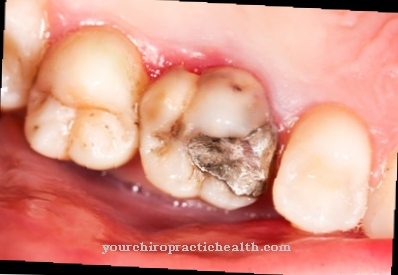

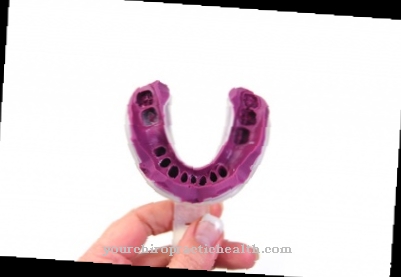
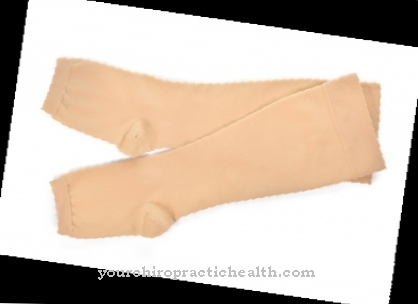


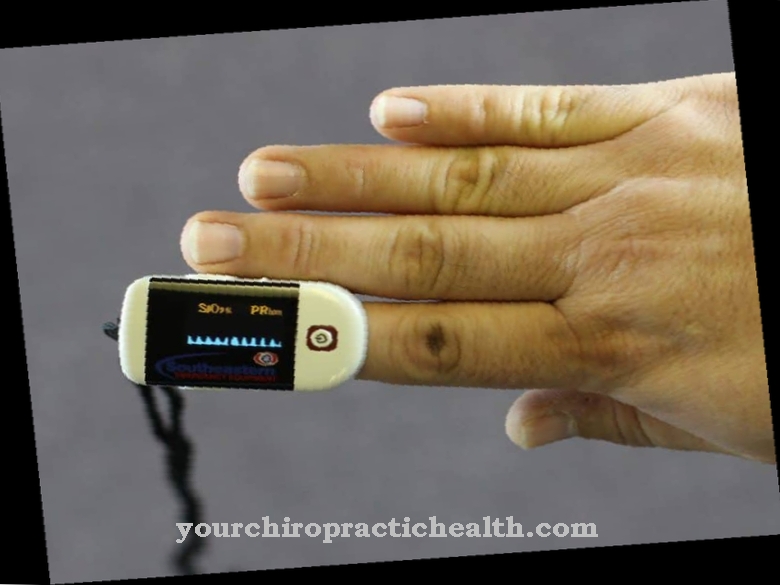






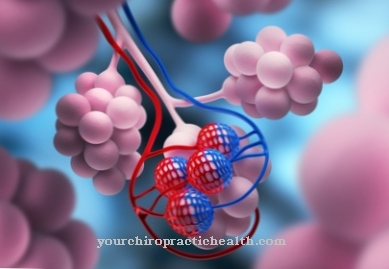

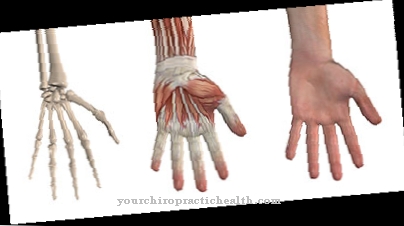






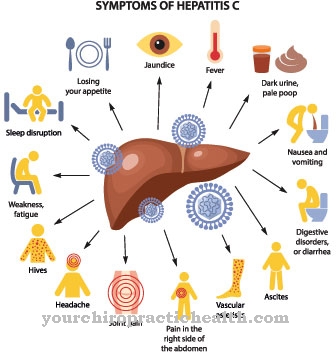
.jpg)


